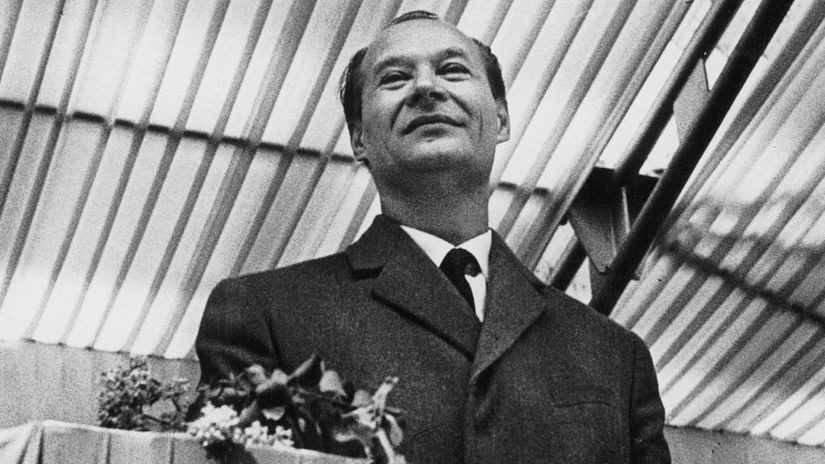In March 1968, Czechoslovakian leader Alexander Dubček announced a series of reforms to create a more democratic and pluralistic society. These reforms, which became known as the Prague Spring, were welcomed by the people of Czechoslovakia and the international community, but they were short-lived.
Dubček’s reforms included greater freedom of speech, press, and assembly and an end to censorship and the secret police. He also called for a shift towards a more decentralized government and a market-oriented economy. These reforms were seen as a departure from the authoritarian policies of the Soviet Union, which had exerted influence over Czechoslovakia since the end of World War II.
The Prague Spring was initially greeted with enthusiasm by the people of Czechoslovakia, who took to the streets to celebrate the newfound freedoms. However, the Soviet Union and other Warsaw Pact countries saw the reforms as a threat to their control over Eastern Europe. In August 1968, Soviet troops invaded Czechoslovakia and ended the Prague Spring.
The invasion was met with international condemnation, but little could be done to stop it. Dubček was removed from power and replaced with a pro-Soviet leader, and the reforms of the Prague Spring were rolled back. The Soviet Union and its allies would maintain control over Czechoslovakia for another two decades.
Despite its short-lived nature, the Prague Spring is a symbol of hope for those seeking greater political freedom and human rights. The legacy of the Prague Spring can be seen in the Velvet Revolution of 1989, which saw the overthrow of the Communist government in Czechoslovakia and the beginning of a new era of democracy and freedom.
Today, the Prague Spring serves as a reminder of the ongoing struggle for democracy and human rights worldwide. It is a testament to the power of ordinary people to effect change, even in the face of overwhelming odds.





